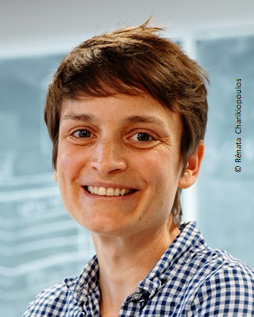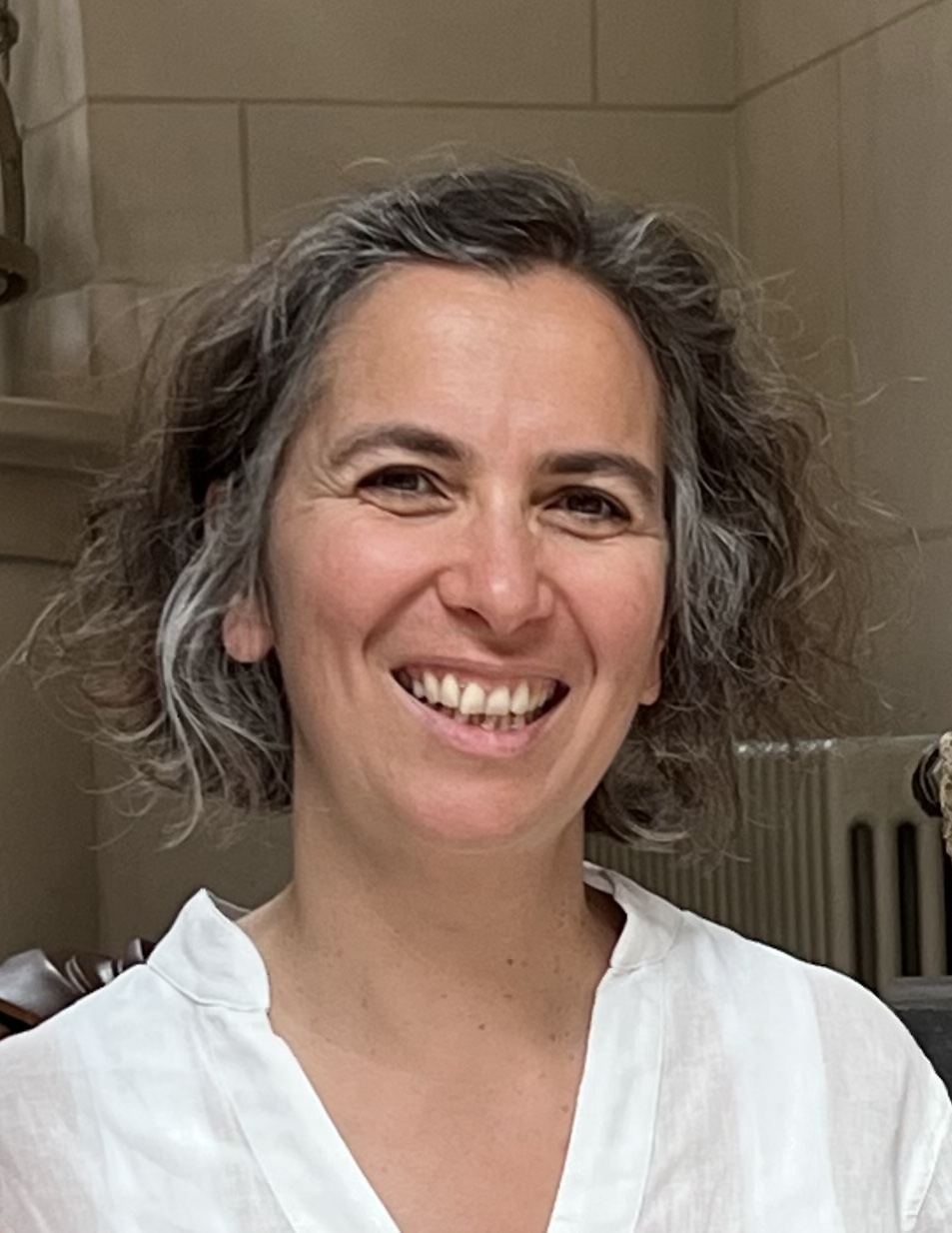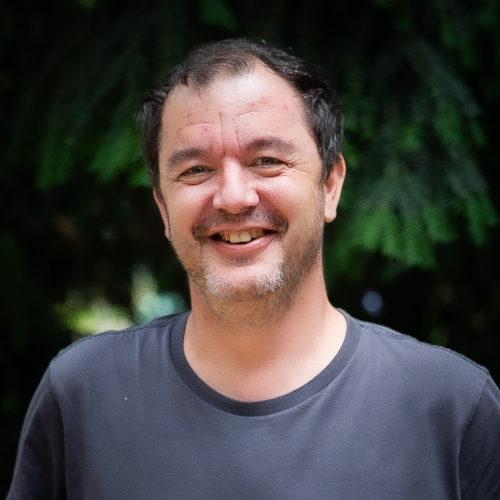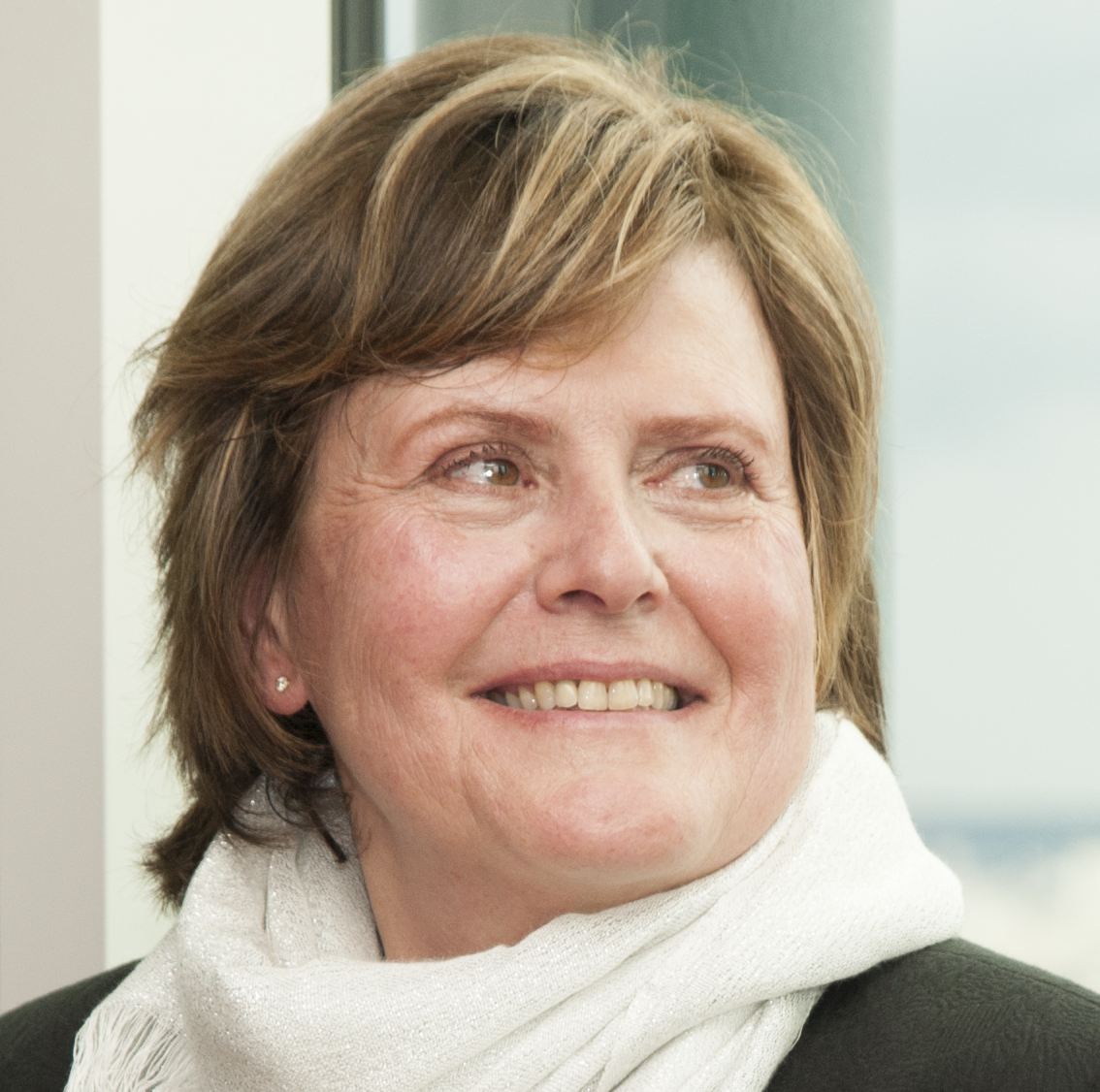
|
|
|
Programme > Sessions Plénières
When faced with a new optimization problem, we often lack time, knowledge, or other resources to develop a dedicated algorithm to solve it optimally. To nevertheless obtain reasonably good solutions, we then need to resort to heuristic approaches. One of the most widely used classes of heuristics are black-box optimization algorithms. Black-box optimization algorithms work in an iterative fashion, alternating between the generation of solution candidates, their evaluation, and adjusting the strategy used to generate the next candidates. A plethora of different black-box optimization strategies exist. Understanding which ones work particularly well for which settings (and why) is a key objective of our research domain. In an ideal world, the selection of a best-suited algorithm would be done automatically and on the fly, i.e., while optimizing the problem. In this presentation, we will discuss recent progress towards this "holy grail" of self-adjusting dynamic black-box optimization algorithms, our theoretical understanding, and the role of machine learning.
 Carola Doerr
CNRS research director
Sorbonne Université, Paris, France
Mercredi 6 mars 2024 - 8h30 - 9h45
Intégrer les questions environnementales et sociétales dans notre recherche et nos enseignements de Recherche Opérationnelle?
Le numérique, et en particulier la Recherche Opérationnelle et l'Aide à la Décision, ont un impact sur le dérèglement climatique et sur l'organisation de la société. Le choix des problèmes pratiques traités et de la façon de les penser, aussi bien en recherche que dans nos enseignements, ne sont pas neutres vis-à-vis de ces enjeux. Ils peuvent par exemple montrer des cadres d'applications originaux et permettre d'offrir un espace de questionnement des modèles (de société, de management, de gouvernance) existants ou de la manière de prendre des décisions, d'arbitrer, de piloter et donc de modéliser les problèmes.
Les questions environnementales sont déjà au cœur de nombreuses applications dans les domaines où la RO est déjà bien implantée, par exemple, l'énergie, la gestion des déchets, la logistique hospitalière. Du fait de la crise environnementale et sociétale actuelle, de nouvelles questions refont surface ou émergent: préservation de la biodiversité, reconditionnement/seconde vie/circularité, relocalisation de la chaine de valeur sur les territoires, systèmes alimentaires, impact des algorithmes sur l'organisation de la société... Nous présenterons et discuterons quelques initiatives pour intégrer ces questions dans nos recherches et nos enseignements (en avant gout, pour l'enseignement, certaines initiatives sont listées ici : https://moodle.caseine.org/course/view.php?id=1007).
 Nadia Brauner
Université Grenoble Alpes, Laboratoire G-SCOP Jeudi 7 mars 2024 9h - 10h15
Uncertainty and imprecision in AI, ML and optimization
There are many links between the fields of optimization and AI, for instance when the two fields consider the same issue from different perspectives, or when the tools issued from one field help to solve issues in the other. As browsing all such links is clearly beyond the scope of one talk and of my knowledge, I will focus in this talk on the issue of handling uncertainties, in particular when they arise from partial knowledge and imprecision, as well as from statistical data. I will first consider the learning task and points out how imprecision and uncertainty in the data distributions can lead to robust optimization problems. I will then consider the predictive part, and present some recent predictive tools that may be of interest to derive confidence regions commonly used in robust optimization, as well as how optimization can help in solving problems arising when considering complex classification problems.
 Sebastien Destercke
CNRS researcher in computer science. Université de Technologie de Compiegne U.M.R. C.N.R.S. 7253 Heudiasyc |



